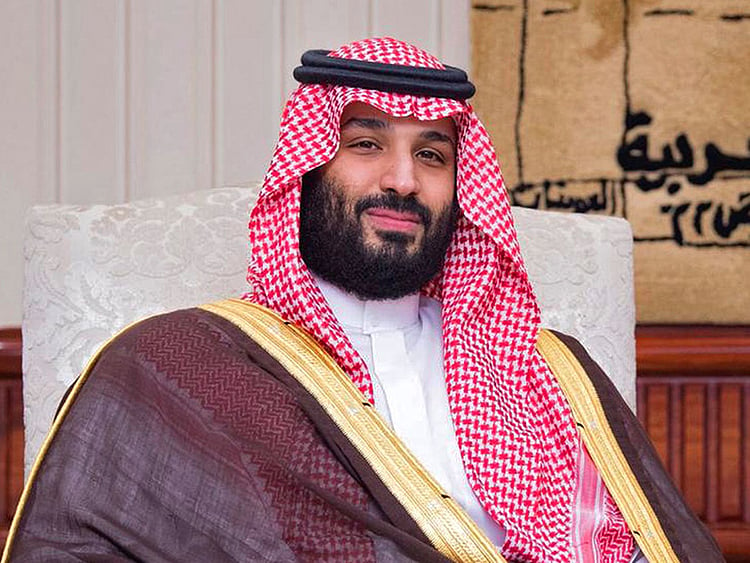Gulf-wide economic integration is again back on the agenda
Saudi Crown Prince’s GCC tour brings closer economic integration back on the agenda

The Gulf tour by Saudi Arabia’s Crown Prince Mohammed bin Salman was definitely linked to the GCC Summit and the possibility of achieving a qualitative shift in joint action. The tour needs careful reading, especially since it followed the understandings at the AlUla summit last year.
The focus here will be on the economic possibilities for several reasons, foremost because it is related to the future of development in the GCC countries. The second reason is because the Economic Dossier was the most prominent in the final statements issued after the five-leg tour.
On the first leg of his tour, Mohammed bin Salman visited Muscat, where cooperation agreements were concluded to explore joint opportunities in oil, gas, petrochemicals, clean energy, technologies, electric power and trade, with the Saudi Public Investment Fund investing $5 billion in Oman.
In Abu Dhabi, the emphasis was to strengthen strategic cooperation and economic integration. They agreed to double joint investments and increase cooperation in tourism and human development in the youth and women’s empowerment sectors.
They also highlighted the need to activate joint action, noting that the UAE-Saudi strategic relations cover all areas, including joint projects with promising future prospects, such as in the peaceful uses of nuclear energy, AI, digital transformation and cybersecurity.
Widening the scope
In Qatar, decisions were taken to, increase the volume of trade and make the most of economic, commercial and industrial opportunities to diversify the sources of income in the two countries. They also agreed to cooperate in air transport and infrastructure, as well as to support the Green Middle East Initiative aiming at planting 10 million trees by 2030.
In Manama, Saudi Arabia and Bahrain announced the establishment of a Saudi - Bahraini holding company to lead joint investments and strengthen investment and industrial partnerships, as well as in energy and tourism.
On the final leg of the tour, in Kuwait, six agreements were signed between Kuwaiti and Saudi companies to support joint investment in renewable energy, water desalination sector and other sectors. These agreements indicate that there is a serious approach to develop joint GCC action. The aspects agreed upon vary from one country to another, and together can be a comprehensive vehicle for change.
They are also not limited to government cooperation, but also include private sector participation and moves away from general formulations to take practical steps. This path would form a common Gulf vision for the summit of GCC leaders.
A buy in from all
It also ushers in the possibility of starting a new phase of Gulf action and establishing a common and integrated Gulf market into an economic bloc capable of dealing with emerging challenges globally, particularly digital transformation and on renewable energy sources. This will eventually constitute a paradigm shift in GCC cooperation, which has suffered from monotony in recent years.
Needless to say, apart from these important fundamental economic aspects, coordination in the security and political fields has gained particular importance, given the many challenges in a turbulent geopolitical situation that does not differentiate between one Gulf state and another.
This is primarily because the GCC countries are all in one boat and face a common destiny, as was highlighted by the Crown Prince during his visit to Manama, where he said that “The GCC renaissance must be collective and comprehensive”. This signifies that through the tour, a summit was prepared that could move the GCC countries to a higher level of cooperation in all fields.
Network Links
GN StoreDownload our app
© Al Nisr Publishing LLC 2026. All rights reserved.